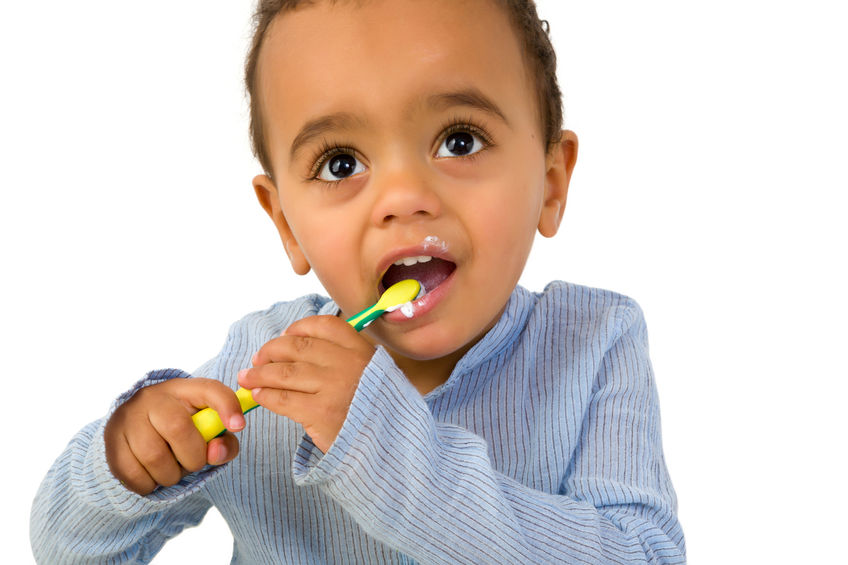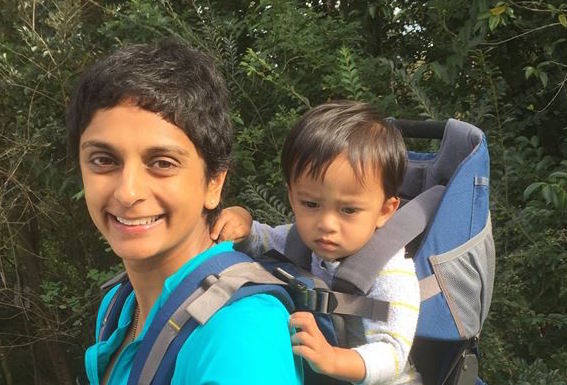

8 Ways to Improve Dental Health in Children With Special Needs
All parents want the best for their child, including having a great smile and healthy teeth. One of the most frequently asked questions by parents is “What can I do to improve my child’s dental health?”.
Daily routine brushing can be challenging for any child. However, one with special needs may have unique challenges that require expert help to overcome. They are often unable to manage simple daily rituals and require additional assistance. Understandably, dental care may also take a back seat to other ongoing medical issues. Furthermore, anxiety or behavioural challenges might make it difficult to access dental care.
As a mother of young children, I am acutely aware of the importance of connecting with children on a personal level and understand intrinsically the need to avoid stressful situations for your child. I completely appreciate that it can be daunting taking your child to a dentist. Equally, as a specialist paediatric dentist who specialises in managing children with special needs, we do recommend starting check-ups early to help de-sensitise your child to the dental environment. Additionally, any problems picked up earlier can be managed easier.
To get you started on your road to good, daily home care. Here are eight simple tips that we recommend, which could significantly improve the oral health in children with special needs:
1. Make brushing part of their daily routine
We know it can be difficult to incorporate something new, but start early and you will gain the rewards later! If your child is very sensitive, just try wiping their teeth with a cloth or finger brush first to get them use to cleaning, then slowly introduce a toothbrush.
2. Try a different toothbrush or toothpaste
-
- Electric toothbrush. These toothbrushes may help children with limited coordination, motor skills or low muscle tone. Some children who are sensory seekers may like the vibration. It might also simply motivate them because it is something new! Supervision might be required.
- 3-sided toothbrush or Collis Curve toothbrushes. These modified toothbrushes might help if getting access to teeth is limited.
- Plain fluoride toothpaste. Children who are sensitive to taste, might prefer a toothpaste without taste. We always recommend using a small amount (smear) of fluoride toothpaste for cavity prevention. There are fluoride toothpastes in the market which do not have a ‘mint’ taste. Next time you are at your dentist, ask them for options on what toothpaste would suit your child
3. Change how you brush your child’s teeth
Toothbrushing does not have to be in the bathroom. Try brushing in your child’s room or in other spaces. You can also brush with your child’s head in your lap or get them to lie down on the bed or sofa. This might help you to see your child’s teeth easily and might also help them to hold still or keep their mouth open. Give them something to hold onto (eg: favourite toy or book) when you are brushing or consider other forms of distraction.
4. SING!
Sing their favourite song or play their favourite song. There are also lots of mobile Apps which might help with encouraging them to brush their teeth.
5. Tooth rest or mouth props
Some children with neuromuscular problems might uncontrollably bite down when brushing takes place. These mouth rests can be bought online and might help to protect the child, parent/caregiver whilst brushing and also allow you to brush your child’s teeth for longer. Speak to your dentist if you are unsure where to buy them or how to use them.
6. Be extra careful with added sugars
We all want our children to enjoy the best in life. However, just take care of added sugars in food as they can cause tooth decay which can lead to pain and infection of their teeth and gums. There are lots of alternative non-sugary treats that we can give our children.
7. Regular dental visits
Teeth are a part of our body and just as important to look after. So, don’t be afraid to start dental check-ups early and regularly. Once your child develops a trust in the dental team, dental treatment become a lot easier. Dentist who are specialised to care for children with special needs have developed strategies to ensure your child’s visits are as positive as can be!
8. Visual support or story board
You can create a visual support or story board to help your child with their experience at the dentist. Some dentist might have already developed one, so please ask them when making the appointment.
Lastly, remember to be kind to yourself and be proud of your efforts as parents. We all know some days can simply be over-whelming. It is important to encourage and be positive about dental care with your children, as teeth are an important part of their body.
Author: Diane Tay, Paediatric Dentist at Sydney Specialist Dental Group, in St Peters.














